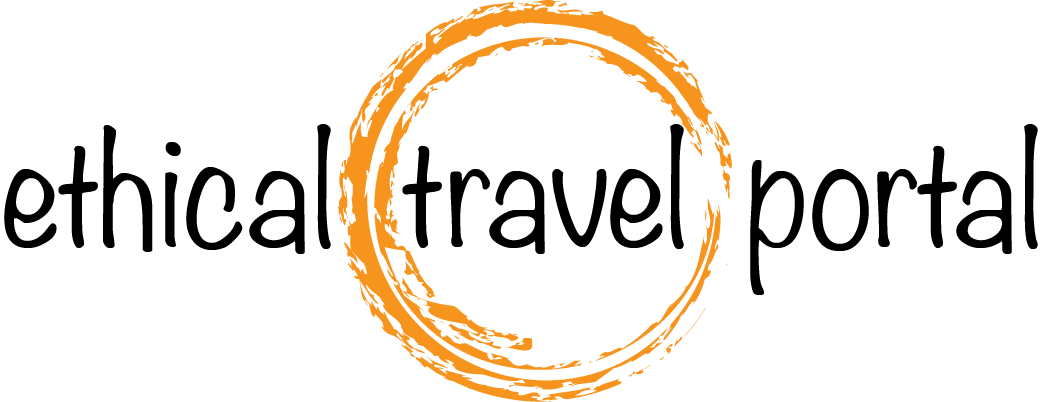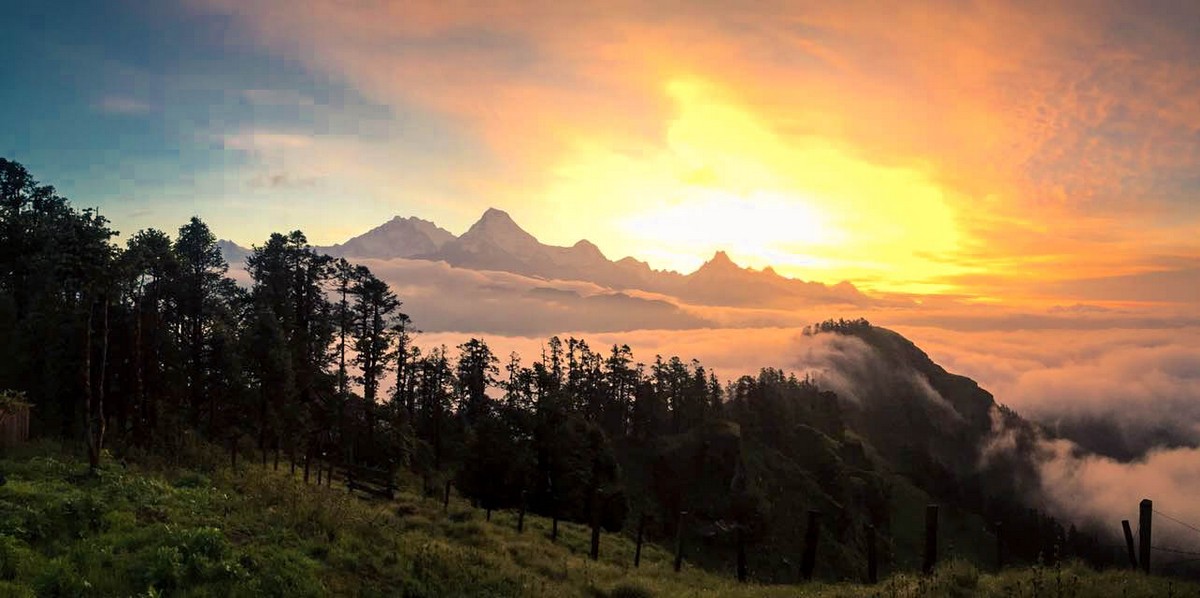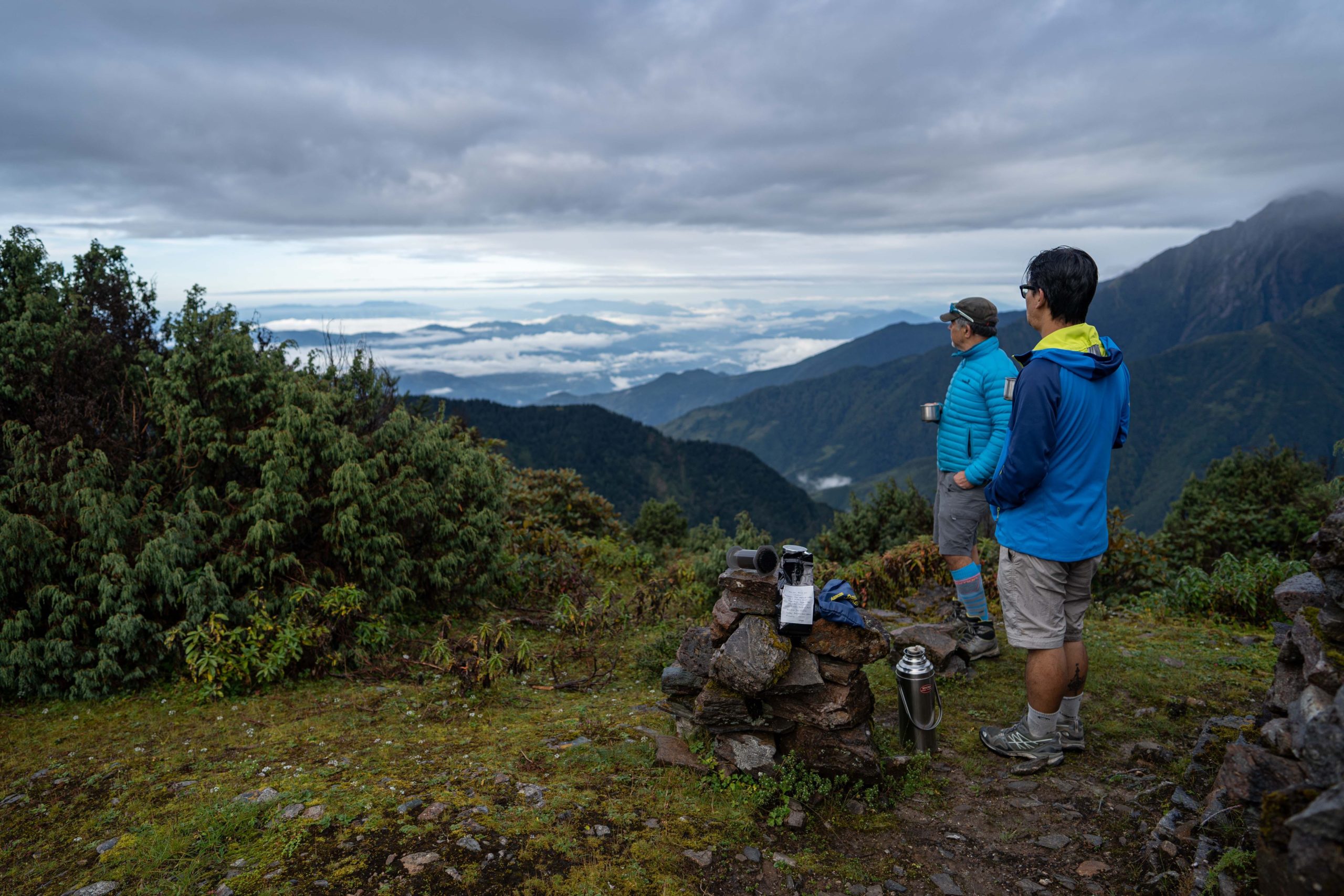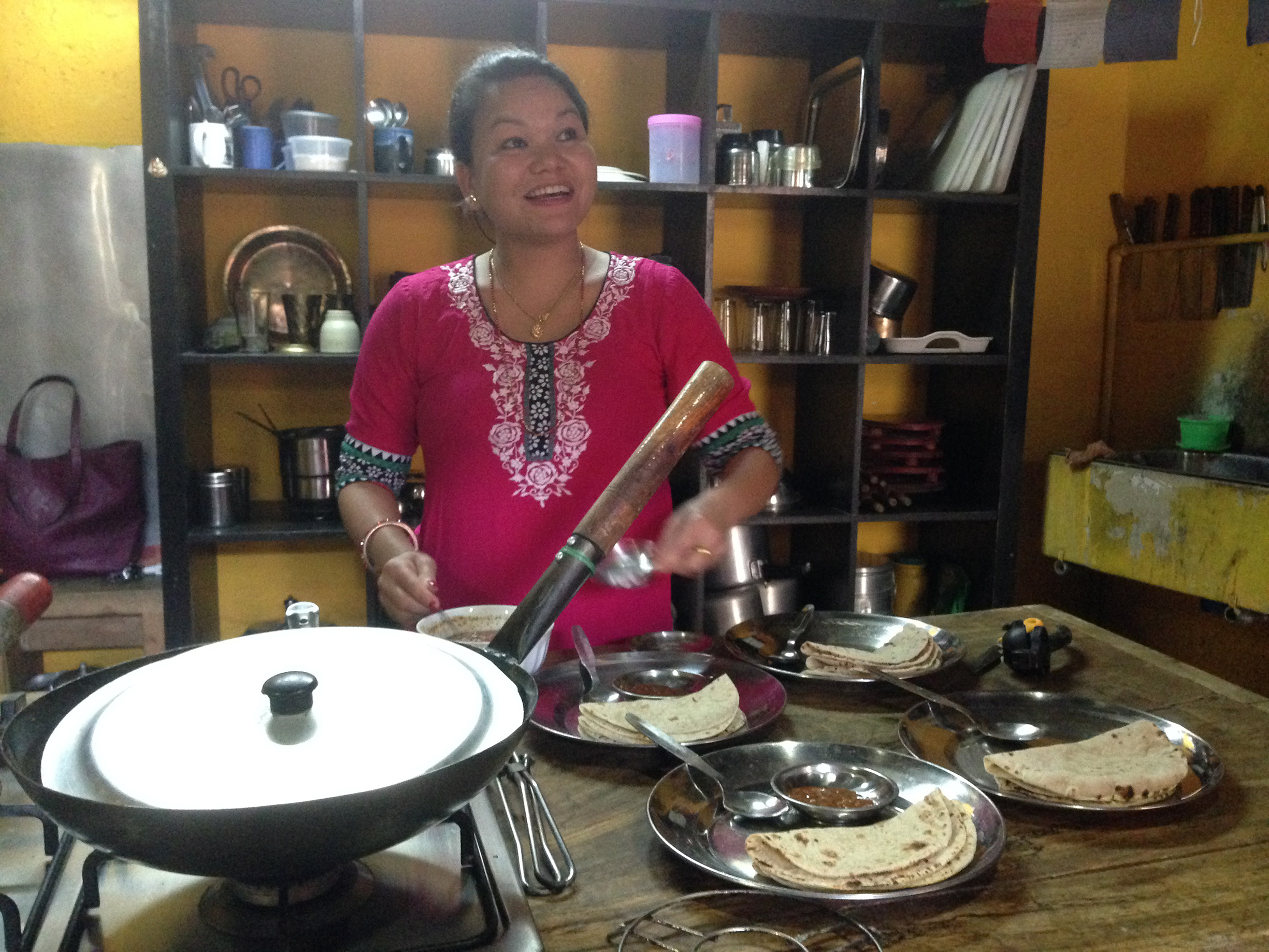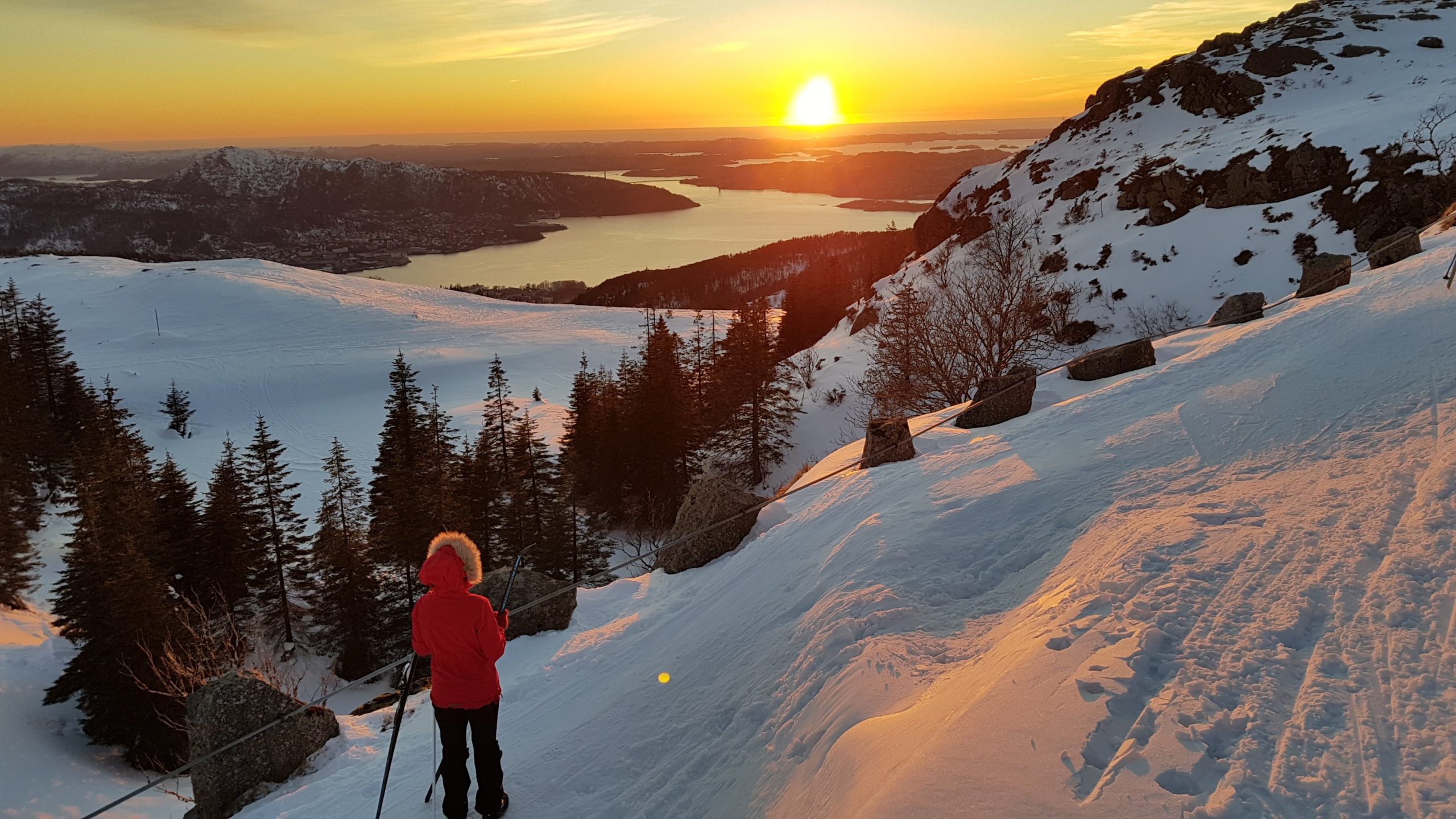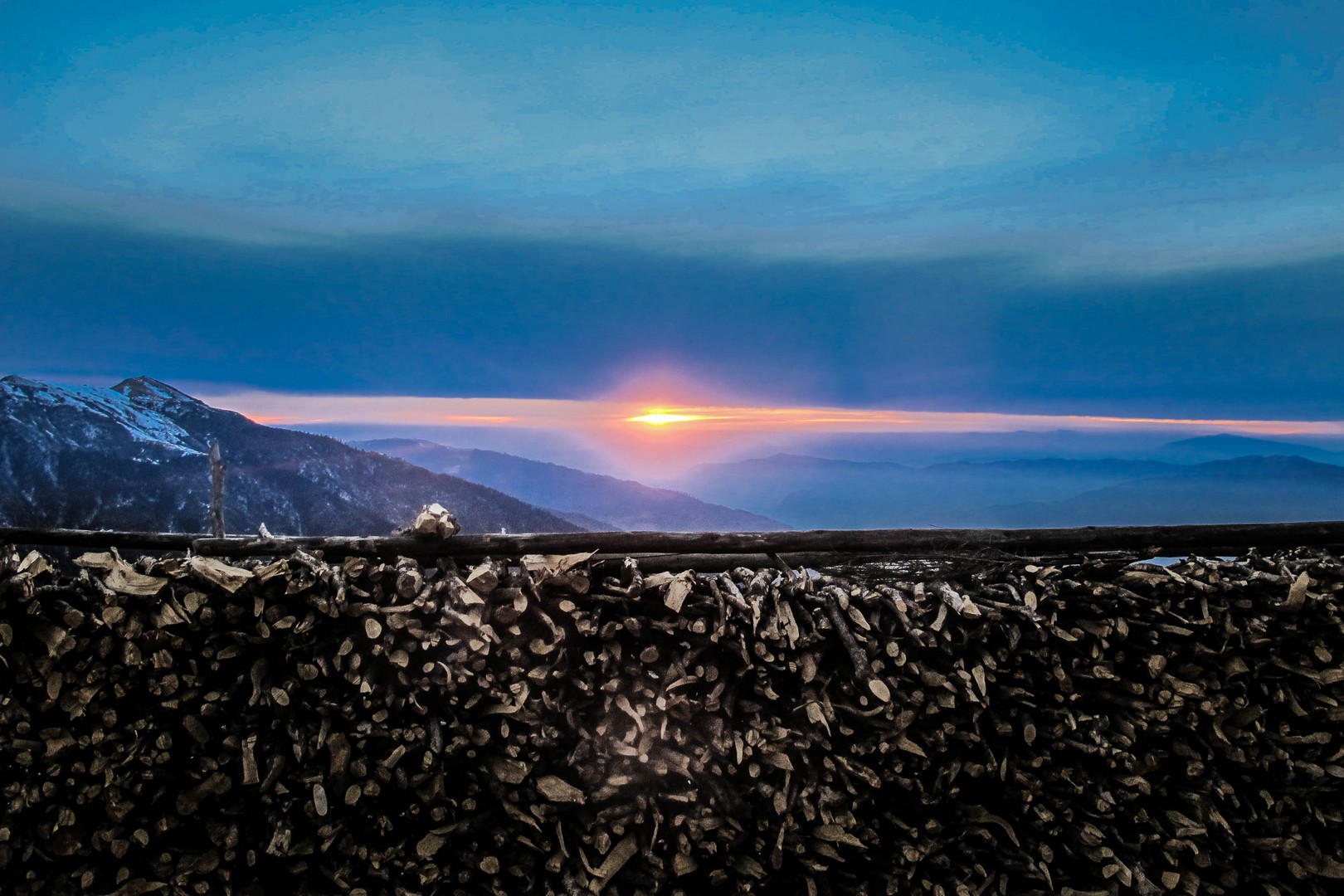

1
Oct
Nepal Top Tips
4 mins readNepal is a delightful country, providing gorgeous scenery, an enchanting history, charming locals, a rich culture, also a vast diversity of religions and ethnic groups living in harmony. You’re probably wanting to know how to optimise your time in Nepal amongst all of its amazing attributes? Well, here are some useful Nepal top tips to aid your experience:
- Don’t drink the tap water, it’s not safe! The majority of the sewerage systems are not properly filtered. Therefore they contain a lot of waterborne diseases making it unsuitable for drinking from the tap. We’d recommend you to purchase water by the bottle or tank to avoid becoming sick whilst travelling. Likewise, think twice about using ice, only use if it’s in a respected restaurant or bar. On the contrary, if you have limited options for drinking water (such as when you’re trekking), bring water purification tablets to dissolve into your water.
- When trekking re-consider eating meat especially if you’re planning on visiting the Everest region. All meat is transported into this region via aeroplane and as the Sherpa’s carry it there’s nowhere to store it en route. Therefore the higher the altitude the less likely it’s been stored and sanitised in the right condition. So, we’d advise you to keep a vegetarian diet whilst trekking and avoid meat to minimise your risk of becoming ill in a remote area.
- During the monsoon season be wary of mosquitos. If you’re travelling to the Western part of Nepal take steps to to protect yourself. Either carry antimalarials on you or you can simply purchase repellent whilst in Nepal such as Odomos. Wear long but loose clothing to limit your skin exposure to mosquitos at night. During the months of June, August and September there is often breaks out of Dengue Fever across Nepal.
- When using a taxi in Kathmandu ask the driver to go off the meter. It is illegal for drivers to quote you a price and not use the meter fare.
- Bring power backups for your gadgets. Now and again in Nepal, there are power shortages. If you’re staying in hotels you most likely won’t notice as there will be back up generators to prevent it from happening. However, as you go to more rural areas or local places you may want back up for your electronic gadgets.
- The voltage for plugs in Nepal is 230 watts and have a few different types of plug. One has two-pin plugs and some three round pin plugs. Therefore we recommend it’s best you carry a universal adaptor to cater for the different plugs in Nepal.
- Before you depart Nepal, exchange your Nepalese rupees at a currency exchange office. As you can’t exchange them once you’re out of Nepal as it’s hard to find a vendor which will exchange the Nepalese Rupees. In reference to money, most tourist hubs accept major credit cards. However, it’s best you have the cash to hand once you get outside the main areas such as Kathmandu and Pokhara. Some ATM’s may not recognise your card and traveller’s cheques are not recognised either.
- Be prepared for many different forms of toilet and when in doubt carry toilet paper as it’s not always to hand. Squat toilets are very common across Nepal. To maintain good hygeine we also recommend you carry hand sanitizer to minimise the risk of contamination.
- If you’re wanting to buy a local SIM you can choose between either NCELL or NTEL. Go to a vendor (you can locate as you will see the sign above their shop) and display your passport as well as a photo. There you will fill out a form, receive your sim card and be provided with instructions to top up as required.
- Consider the authenticity when paying for products in certain areas. An example is Thamel, a lot of shops sell knock-off trekking products. Apart from the authorised stores, be considerate towards what you pay. There are a lot of what Nepealse call ‘high copies’ (good quality duplicates) being sold in Nepal.
- Carry an adequate amount of change on you prior to entering tourist attractions such as Swayambhunath Stupa, Pashupatinath Stupa, Boudhanath Stupa, Kathmandu Durbar Square, Patan Durbar Square and Bhaktapur Durbar Square. Whilst they don’t charge locals an entry fee, there is a foreigner fee and entrance can range from 250 NPR to 1000 NPR. Whilst paying this, don’t feel you’re being ripped off as what you’re paying for is contributing to the rebuilding of these archaic sites which were affected by the devastating 2015 earthquake!
- Wear a mouth mask. Kathmandu is a wonderful city yet developing rapidly. Especially in terms of its infrastructure, population and transport. Due to this, it has created a lot of dust in the air and often the residents suffer health problems from living there from the inhalation of particles. Tourists can experience some side effects upon arriving into the capital such as a cold, sore throat or allergies. Therefore to protect you from this, purchase a mouth mask from a shop. We’d especially recommend if you already suffer from respiratory problems such as asthma.
- Bargain Ethically. Some areas in Nepal have no fixed prices on products. Locals will quote you a price in which you’re free to negotiate. Remember to negotiate reasonably as these individuals have to make a living for their families. It may not be worth bargaining the few extra rupees as it may be a big loss for them towards providing for their family. It has to be mutual.
- Dress respectfully. A lot of regions of Nepal you’ll find Nepalese dressing conservatively. Whilst in tourist-filled areas of Kathmandu, Pokhara and Chitwan the dress styles, as well as views, are slightly more liberal. Therefore, you may want to pay consideration when travelling to other areas that are more rural to not disrespect the locals. Especially at sites such as Stupas and monasteries. On a similar note, some places you enter may require you take your shoes off i.e before entering someone’s home, business or a temple.
- When giving, receiving, gifts or money use both hands or your right hand. In Nepal, it’s deemed as taboo to use your left hand for any other purpose than going to the bathroom. The right hand is the norm however if you use both hands it’s a sign of respect.
Sorry, the comment form is closed at this time.
